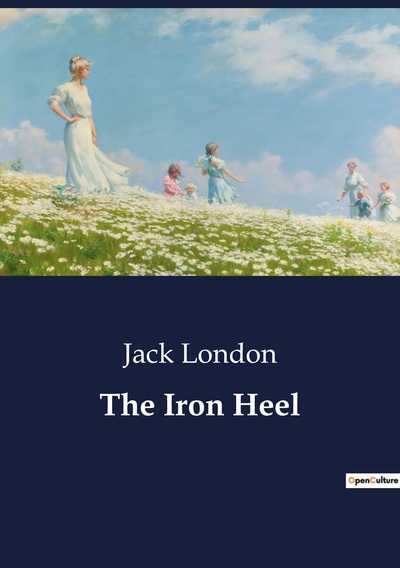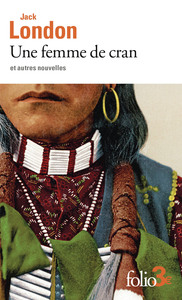Nous utilisons des cookies pour améliorer votre expérience. Pour nous conformer à la nouvelle directive sur la vie privée, nous devons demander votre consentement à l’utilisation de ces cookies. En savoir plus.
The Iron Heel
EAN : 9791041805389
Édition papier
EAN : 9791041805389
Paru le : 21 avr. 2025
23,00 €
21,80 €
Disponible
Pour connaître votre prix et commander, identifiez-vous
Notre engagement qualité
-
 Livraison gratuite
Livraison gratuite
en France sans minimum
de commande -
 Manquants maintenus
Manquants maintenus
en commande
automatiquement -
 Un interlocuteur
Un interlocuteur
unique pour toutes
vos commandes -
 Toutes les licences
Toutes les licences
numériques du marché
au tarif éditeur -
 Assistance téléphonique
Assistance téléphonique
personalisée sur le
numérique -
 Service client
Service client
Du Lundi au vendredi
de 9h à 18h
- EAN13 : 9791041805389
- Réf. éditeur : 419562
- Date Parution : 21 avr. 2025
- Disponibilite : Disponible
- Barème de remise : NS
- Nombre de pages : 324
- Format : H:210 mm L:148 mm E:18 mm
- Poids : 420gr
- Résumé : The Iron Heel is some of the earliest dystopian fiction of the 20th century. The novel is framed as a presentation of the long-lost "Everhard Manuscript," a document written by the socialist revolutionary Avis Everhard around 1932. The manuscript is discovered in the year 2600, and is introduced and annotated by a far-future commentator. In it, Avis tells of how the United States was slowly overcome by a group of oligarchs, the Iron Heel, who use their monopoly power to systematically bankrupt American small businesses and farmers in order to cement their control over the capitalist system. Eventually, the U.S. Army is brought under the control of the oligarchs, who entrench a brutal system of repression against the working class. Everhard, her husband, and a scrappy group of socialists fight valiantly against the Iron Heel, though we learn in the foreword that they don't survive the fight, and die as martyrs. London uses the narrative as a vehicle for espousing his socialist views, sometimes to the detriment of the plot, and even going so far as to plagiarize an essay by Frank Harris nearly verbatim—issues which caused the work to earn scant critical praise. Despite this, it sold over 50,000 copies in hardcover and influenced a generation of activists, including George Orwell, Harry Bridges, and Frederic Tuten.












